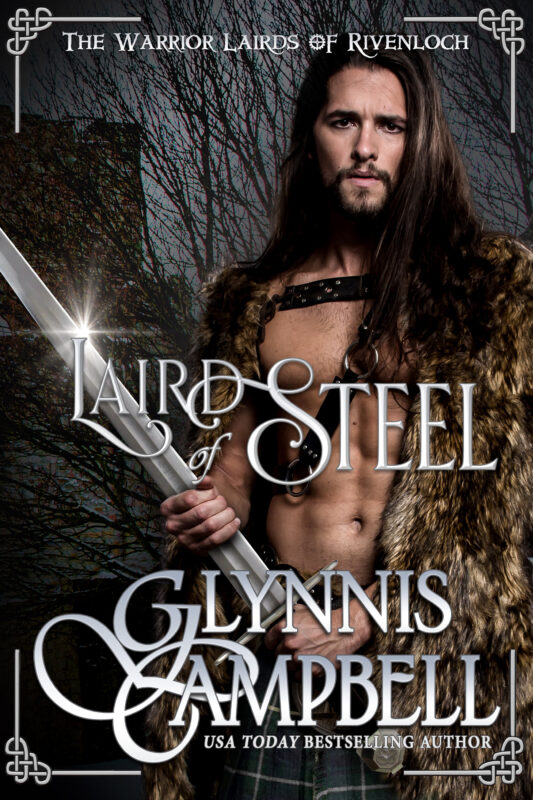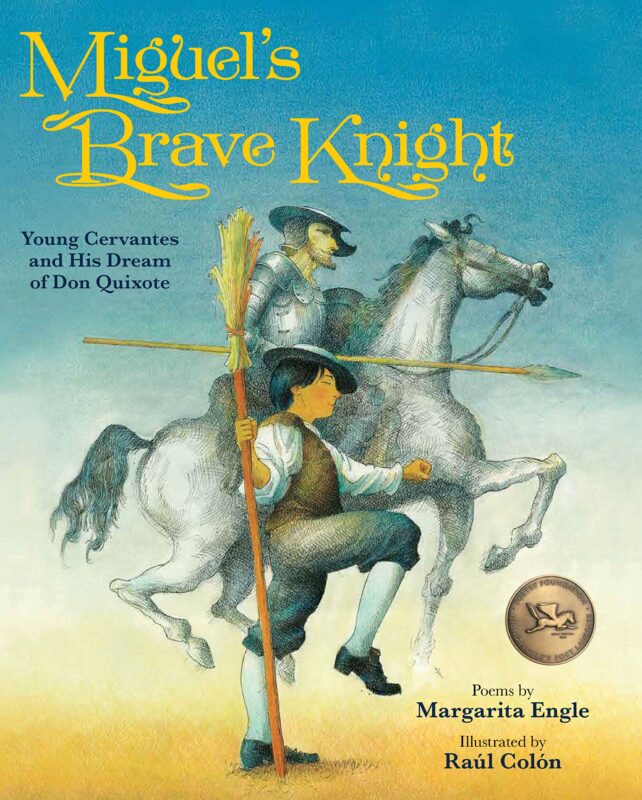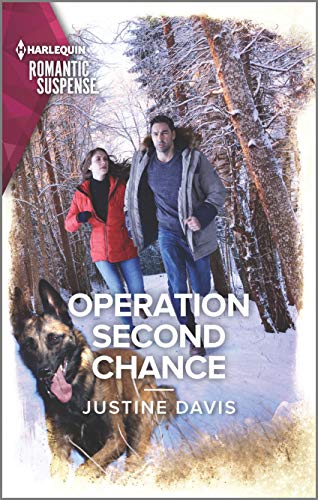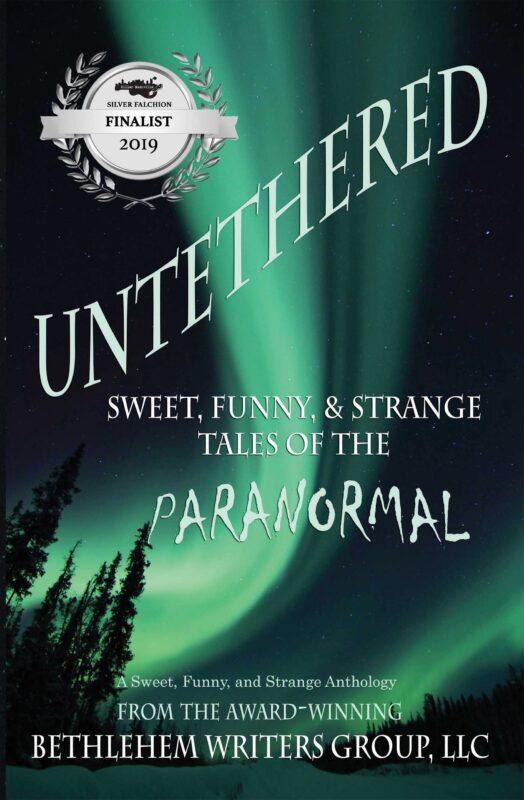The Bethlehem Writers Roundtable 2022 Short Story Award
March 13, 2022 by Bethlehem Writers Group in category Contests, From a Cabin in the Woods by Members of Bethlehem Writers Group, Writing Contest tagged as #TheBWG, Bethlehem Writers Group, Bethlehem Writers Roundtable Short Story Award, Short Story Award, The 2022 Short Story Award

Are you ready for the 2022 Short Story Award?
Contest Deadline is March 31, 2022.
The theme is An Element of Mystery (broadly interpreted).
BWG is seeking never-published short stories of 2,000 words or fewer.
First Place will receive $250 and publication in their upcoming anthology: An Element of Mystery: Sweet, Funny, and Strange Tales of Intrigue or in Bethlehem Writers Roundtable.
The final judge of the 2022 Short Story Award is New York Times best-selling author Kate Carlisle. You can read Katie’s interview here.
Here is the link for more information on the 2022 Short Story Award.
Books from Bethlehem Writers Group, LLC

The Bethlehem Writers Group, LLC (BWG), founded in 2006, is a community of mutually supportive, fiction and nonfiction authors based in Bethlehem, Pennsylvania. The members are as different from each other as their stories, spanning a range of genres including: children’s, fantasy, humor, inspiration, literary, memoir, mystery, paranormal, romance, science fiction, women’s fiction, and young adult.
See the schedule of meetings and events here.
The Bethlehem Writers Roundtable 2022 Short Story Award
February 20, 2022 by Bethlehem Writers Group in category Contests, From a Cabin in the Woods by Members of Bethlehem Writers Group, Writing Contest tagged as #TheBWG, Bethlehem Writers Group, Bethlehem Writers Roundtable Short Story Award, Short Story Award, The 2022 Short Story Award

The 2022 Short Story Award opened January 1, 2022.
Contest Deadline is March 31, 2022.
The theme is An Element of Mystery (broadly interpreted).
BWG is seeking never-published short stories of 2,000 words or fewer.
First Place will receive $250 and publication in their upcoming anthology: An Element of Mystery: Sweet, Funny, and Strange Tales of Intrigue or in Bethlehem Writers Roundtable.
The final judge of the 2022 Short Story Award is New York Times best-selling author Kate Carlisle. You can read Katie’s interview here.
Here is the link for more information on the 2022 Short Story Award.
Books from Bethlehem Writers Group, LLC

The Bethlehem Writers Group, LLC (BWG), founded in 2006, is a community of mutually supportive, fiction and nonfiction authors based in Bethlehem, Pennsylvania. The members are as different from each other as their stories, spanning a range of genres including: children’s, fantasy, humor, inspiration, literary, memoir, mystery, paranormal, romance, science fiction, women’s fiction, and young adult.
See the schedule of meetings and events here.
The Bethlehem Writers Roundtable 2022 Short Story Award
February 13, 2022 by marianne h donley in category Contests, From a Cabin in the Woods by Members of Bethlehem Writers Group, Writing Contest tagged as #TheBWG, Bethlehem Writers Group, Bethlehem Writers Roundtable Short Story Award, Short Story Award, The 2022 Short Story Award

The 2022 Short Story Award opened January 1, 2022.
Contest Deadline is March 31, 2022.
The theme is An Element of Mystery (broadly interpreted).
BWG is seeking never-published short stories of 2,000 words or fewer.
First Place will receive $250 and publication in their upcoming anthology: An Element of Mystery: Sweet, Funny, and Strange Tales of Intrigue or in Bethlehem Writers Roundtable.
The final judge of the 2022 Short Story Award is New York Times best-selling author Kate Carlisle. You can read Katie’s interview here.
Here is the link for more information on the 2022 Short Story Award.
Books from Bethlehem Writers Group, LLC

The Bethlehem Writers Group, LLC (BWG), founded in 2006, is a community of mutually supportive, fiction and nonfiction authors based in Bethlehem, Pennsylvania. The members are as different from each other as their stories, spanning a range of genres including: children’s, fantasy, humor, inspiration, literary, memoir, mystery, paranormal, romance, science fiction, women’s fiction, and young adult.
See the schedule of meetings and events here.
Featured Author: Bethlehem Writers Group, LLC
January 31, 2022 by marianne h donley in category Apples & Oranges by Marianne H. Donley, Contests, Featured Author of the Month tagged as #TheBWG, Bethlehem Writers Group, Bethlehem Writers Roundtable Short Story Award, Fur Feathers and Scales, new release, Short Story Award, Th 2022 Short Story Award
About Bethlehem Writers Group, LLC
The Bethlehem Writers Group, LLC (BWG), is a community of mutually supportive fiction and nonfiction authors based in Bethlehem, Pennsylvania. The members are as different from each other as their stories. BWG also publishes quality fiction through their online literary journal, Bethlehem Writers Roundtable, and their award-winning A Sweet, Funny, and Strange Anthology series.

Each anthology has an overall theme—broadly interpreted—but includes a variety of genres. All but the first anthology include stories from the winner(s) of The Bethlehem Writers Short Story Award.
Their first anthology, A Christmas Sampler: Sweet, Funny, and Strange Holiday Tales (2009), won two Next Generation Indie Book Awards: Best Anthology and Best Short Fiction.
Fur, Feathers, and Scales: Sweet, Funny, and Strange Animal Tales is the latest in A Sweet, Funny, and Strange Anthology. BWG is proud to report this title also won two Next Generation Indie Book Awards: Best e-Book and Best Cover Design (Fiction).
About Fur, Feathers and Scales
The award-winning “Sweet, Funny, and Strange” series of anthologies from the Bethlehem Writers Group, continues with this collection of twenty-five tales about real, legendary, or imaginary animals. From snakes to ducks to unicorns, there are tales here to match any mood, provide a chuckle, or warm a heart.
Among our tales, Peter Barbour recounts a legend in “Why Bats Live in Caves,” Jerome W. McFadden asks the question of what animal to choose to be in “Recycled,” A. E. Decker shares an appreciation of cephalopods in “Tipping Point,” Ralph Hieb imagines an unconventional pet in “Buttons,” and Diane Sismour, in “Critter,” reveals that mules are not the only equines that can have a stubborn streak.
In addition, we are happy to present the winning stories from the 20 I 9 and 2020 Bethlehem Writers Roundtable Short Story Awards. Angela Albertson, our 20I9 winner, shares her heartfelt “Oranges and Roses,” and our 2020 winner, Brett Wolff, gives us a good laugh in “Hubbard Has a Fancy Bra.”
This eclectic assemblage of stories includes terrific tales from beloved BWG authors including Courtney Annicchiarico, Jeff Baird, Jodi Bogert, Marianne H. Donley, DT Krippene, Emily P. W. Murphy, Christopher D. Ochs, Dianna Sinovic, Kidd Wadsworth, Paul Weidknecht, Carol L. Wright, and Will Wright.
So cuddle up with your favorite pet-real or imaginary. No matter. You’ll find just the right story to share.
Next up for BWG

BWG is working on their Seventh anthology, An Element of Mystery: Sweet, Funny, and Strange Tales of Intrigue.
In connection with this anthology, they are hosting The Bethlehem Writers 2022 Short Story Award.

The 2022 Short Story Award will open on January 1, 2022. The theme will be An Element of Mystery (broadly interpreted).
BWG is seeking never-published short stories of 2,000 words or fewer. First Place will receive $250 and publication in their upcoming anthology: An Element of Mystery: Sweet, Funny, and Strange Tales of Intrigue or in Bethlehem Writers Roundtable.
The final judge of the 2022 Short Story Award is New York Times best-selling author Kate Carlisle
Books from Bethlehem Writers Group, LLC

The Bethlehem Writers Group, LLC (BWG), founded in 2006, is a community of mutually supportive, fiction and nonfiction authors based in Bethlehem, Pennsylvania. The members are as different from each other as their stories, spanning a range of genres including: children’s, fantasy, humor, inspiration, literary, memoir, mystery, paranormal, romance, science fiction, women’s fiction, and young adult.
See the schedule of meetings and events here.
Featured Author: Bethlehem Writers Group, LLC
January 21, 2022 by marianne h donley in category Apples & Oranges by Marianne H. Donley, Contests, Featured Author of the Month tagged as #TheBWG, Bethlehem Writers Group, Bethlehem Writers Roundtable Short Story Award, Fur Feathers and Scales, new release, Short Story Award, Th 2022 Short Story Award
About Bethlehem Writers Group, LLC
The Bethlehem Writers Group, LLC (BWG), is a community of mutually supportive fiction and nonfiction authors based in Bethlehem, Pennsylvania. The members are as different from each other as their stories. BWG also publishes quality fiction through their online literary journal, Bethlehem Writers Roundtable, and their award-winning A Sweet, Funny, and Strange Anthology series.

Each anthology has an overall theme—broadly interpreted—but includes a variety of genres. All but the first anthology include stories from the winner(s) of The Bethlehem Writers Short Story Award.
Their first anthology, A Christmas Sampler: Sweet, Funny, and Strange Holiday Tales (2009), won two Next Generation Indie Book Awards: Best Anthology and Best Short Fiction.
Fur, Feathers, and Scales: Sweet, Funny, and Strange Animal Tales is the latest in A Sweet, Funny, and Strange Anthology. BWG is proud to report this title also won two Next Generation Indie Book Awards: Best e-Book and Best Cover Design (Fiction).
About Fur, Feathers and Scales
The award-winning “Sweet, Funny, and Strange” series of anthologies from the Bethlehem Writers Group, continues with this collection of twenty-five tales about real, legendary, or imaginary animals. From snakes to ducks to unicorns, there are tales here to match any mood, provide a chuckle, or warm a heart.
Among our tales, Peter Barbour recounts a legend in “Why Bats Live in Caves,” Jerome W. McFadden asks the question of what animal to choose to be in “Recycled,” A. E. Decker shares an appreciation of cephalopods in “Tipping Point,” Ralph Hieb imagines an unconventional pet in “Buttons,” and Diane Sismour, in “Critter,” reveals that mules are not the only equines that can have a stubborn streak.
In addition, we are happy to present the winning stories from the 20 I 9 and 2020 Bethlehem Writers Roundtable Short Story Awards. Angela Albertson, our 20I9 winner, shares her heartfelt “Oranges and Roses,” and our 2020 winner, Brett Wolff, gives us a good laugh in “Hubbard Has a Fancy Bra.”
This eclectic assemblage of stories includes terrific tales from beloved BWG authors including Courtney Annicchiarico, Jeff Baird, Jodi Bogert, Marianne H. Donley, DT Krippene, Emily P. W. Murphy, Christopher D. Ochs, Dianna Sinovic, Kidd Wadsworth, Paul Weidknecht, Carol L. Wright, and Will Wright.
So cuddle up with your favorite pet-real or imaginary. No matter. You’ll find just the right story to share.
Next up for BWG

BWG is working on their Seventh anthology, An Element of Mystery: Sweet, Funny, and Strange Tales of Intrigue.
In connection with this anthology, they are hosting The Bethlehem Writers 2022 Short Story Award.

The 2022 Short Story Award will open on January 1, 2022. The theme will be An Element of Mystery (broadly interpreted).
BWG is seeking never-published short stories of 2,000 words or fewer. First Place will receive $250 and publication in their upcoming anthology: An Element of Mystery: Sweet, Funny, and Strange Tales of Intrigue or in Bethlehem Writers Roundtable.
The final judge of the 2022 Short Story Award is New York Times best-selling author Kate Carlisle
Books from Bethlehem Writers Group, LLC

The Bethlehem Writers Group, LLC (BWG), founded in 2006, is a community of mutually supportive, fiction and nonfiction authors based in Bethlehem, Pennsylvania. The members are as different from each other as their stories, spanning a range of genres including: children’s, fantasy, humor, inspiration, literary, memoir, mystery, paranormal, romance, science fiction, women’s fiction, and young adult.
See the schedule of meetings and events here.
Affiliate Links
A Slice of Orange is an affiliate with some of the booksellers listed on this website, including Barnes & Nobel, Books A Million, iBooks, Kobo, and Smashwords. This means A Slice of Orange may earn a small advertising fee from sales made through the links used on this website. There are reminders of these affiliate links on the pages for individual books.
Search A Slice of Orange
Find a Column
Archives
Featured Books
LAIRD OF STEEL
Gellir faces the one intrepid warrior he may not be able to conquer.
More info →MIGUEL’S BRAVE KNIGHT
Miguel de Cervantes Saavedra finds refuge from his difficult childhood by imagining the adventures of a brave but clumsy knight.
More info →OPERATION SECOND CHANCE
His guilt tore them apart
Can the truth set them free?
UNTETHERED: SWEET, FUNNY, AND STRANGE TALES OF THE PARANORMAL
Stoke the campfire and get ready for some chills and goosebumps when you open this paranormal addition to the award-winning Bethlehem Writers Group's "Sweet, Funny, and Strange" anthologies.
More info →Newsletter
Contributing Authors
Search A Slice of Orange
Find a Column
Archives
Authors in the Bookstore
- A. E. Decker
- A. J. Scudiere
- A.J. Sidransky
- Abby Collette
- Alanna Lucus
- Albert Marrin
- Alice Duncan
- Alina K. Field
- Alison Green Myers
- Andi Lawrencovna
- Andrew C Raiford
- Angela Pryce
- Aviva Vaughn
- Barbara Ankrum
- Bethlehem Writers Group, LLC
- Carol L. Wright
- Celeste Barclay
- Christina Alexandra
- Christopher D. Ochs
- Claire Davon
- Claire Naden
- Courtnee Turner Hoyle
- Courtney Annicchiarico
- D. Lieber
- Daniel V. Meier Jr.
- Debra Dixon
- Debra H. Goldstein
- Debra Holland
- Dee Ann Palmer
- Denise M. Colby
- Diane Benefiel
- Diane Sismour
- Dianna Sinovic
- DT Krippene
- E.B. Dawson
- Emilie Dallaire
- Emily Brightwell
- Emily PW Murphy
- Fae Rowen
- Faith L. Justice
- Frances Amati
- Geralyn Corcillo
- Glynnis Campbell
- Greg Jolley
- H. O. Charles
- Jaclyn Roché
- Jacqueline Diamond
- Janet Lynn and Will Zeilinger
- Jaya Mehta
- Jeff Baird
- Jenna Barwin
- Jenne Kern
- Jennifer D. Bokal
- Jennifer Lyon
- Jerome W. McFadden
- Jill Piscitello
- Jina Bacarr
- Jo A. Hiestand
- Jodi Bogert
- Jolina Petersheim
- Jonathan Maberry
- Joy Allyson
- Judy Duarte
- Justin Murphy
- Justine Davis
- Kat Martin
- Kidd Wadsworth
- Kitty Bucholtz
- Kristy Tate
- Larry Deibert
- Larry Hamilton
- Laura Drake
- Laurie Stevens
- Leslie Knowles
- Li-Ying Lundquist
- Linda Carroll-Bradd
- Linda Lappin
- Linda McLaughlin
- Linda O. Johnston
- Lisa Preston
- Lolo Paige
- Loran Holt
- Lynette M. Burrows
- Lyssa Kay Adams
- Madeline Ash
- Margarita Engle
- Marguerite Quantaine
- Marianne H. Donley
- Mary Castillo
- Maureen Klovers
- Megan Haskell
- Melanie Waterbury
- Melisa Rivero
- Melissa Chambers
- Melodie Winawer
- Meriam Wilhelm
- Mikel J. Wilson
- Mindy Neff
- Monica McCabe
- Nancy Brashear
- Neetu Malik
- Nikki Prince
- Once Upon Anthologies
- Paula Gail Benson
- Penny Reid
- Peter Barbour
- Priscilla Oliveras
- R. H. Kohno
- Rachel Hailey
- Ralph Hieb
- Ramcy Diek
- Ransom Stephens
- Rebecca Forster
- Renae Wrich
- Roxy Matthews
- Ryder Hunte Clancy
- Sally Paradysz
- Sheila Colón-Bagley
- Simone de Muñoz
- Sophie Barnes
- Susan Kaye Quinn
- Susan Lynn Meyer
- Susan Squires
- T. D. Fox
- Tara C. Allred
- Tara Lain
- Tari Lynn Jewett
- Terri Osburn
- Tracy Reed
- Vera Jane Cook
- Vicki Crum
- Writing Something Romantic
Affiliate Links
A Slice of Orange is an affiliate with some of the booksellers listed on this website, including Barnes & Nobel, Books A Million, iBooks, Kobo, and Smashwords. This means A Slice of Orange may earn a small advertising fee from sales made through the links used on this website. There are reminders of these affiliate links on the pages for individual books.



























































